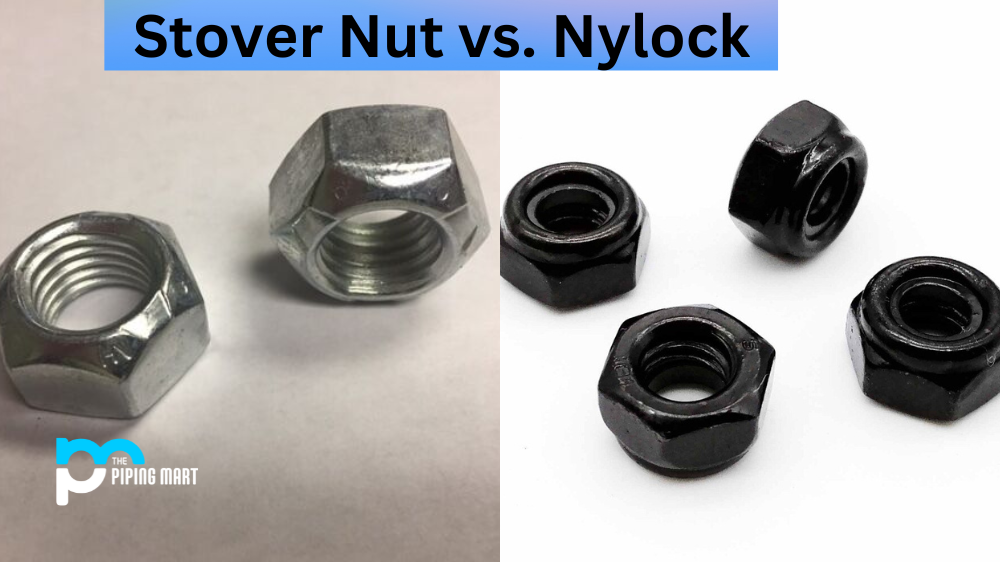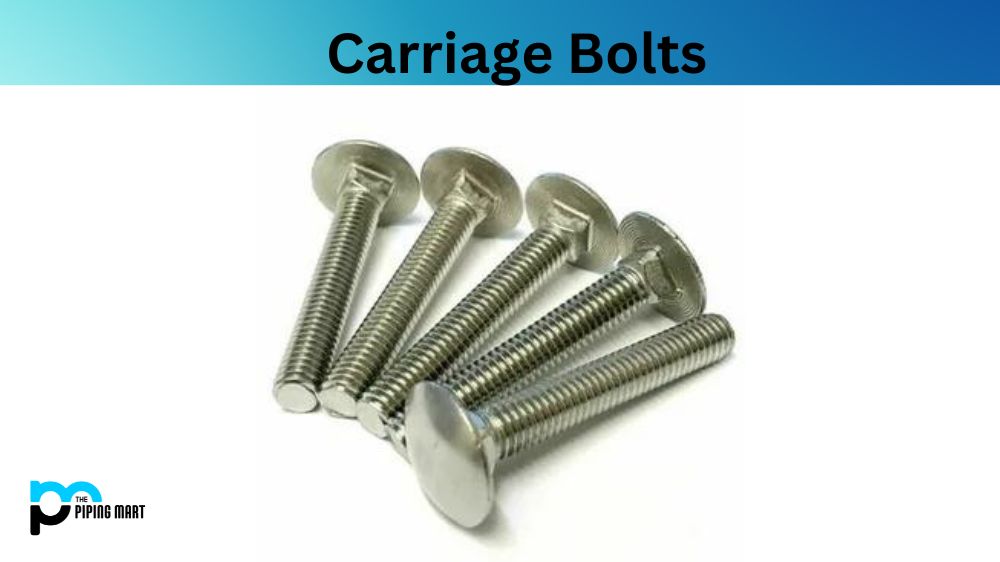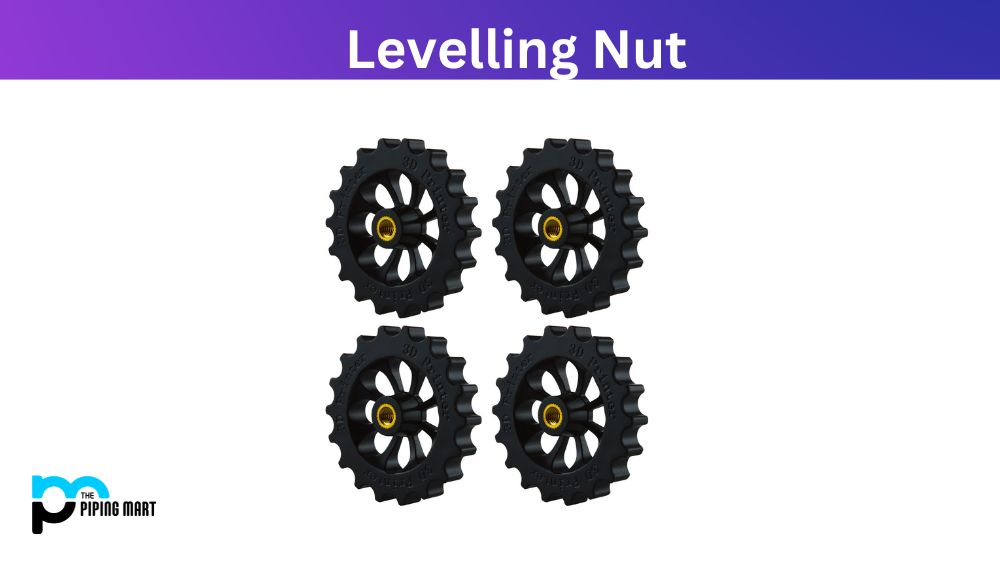A nut is an important component that connects different parts of a machine, equipment, or vehicle. It ensures parts don’t come loose when in operation, which can result in breakdowns and accidents. Different nuts are used in different applications: stover and lock nut. These two nuts look similar but have different functions in different use cases. This blog post discusses the difference between stover nut vs nylock nut and their applications.
Difference Between Stover Nut and Nylock
Stover nuts may look like standard nuts, but they have unique features that allow them to tighten tight against a surface. They usually have a multi-patented design, including a top locking thread that grips the bolt threads and lower flanges. The nipple shape of a Stover nut is another key factor that enables the locking feature. It makes the nut hard to unscrew or loosen even when vibration or tension is applied to the machine parts. The stover nut is mostly used in high-temperature and high-vibration applications, making it ideal for heavy-duty machinery and engineering, automotive, and aerospace industries.
Nylock nuts, on the other hand, have an entirely different design and function than stover nuts. They feature a nylon collar that tightens when screwed onto a bolt. The nylon collar deforms when the nut is tightened, creating tension between the bolt threads, which locks the nut. This feature allows the nylock nut to resist loosening due to vibration and heat cycling in the machine parts. Nylock nuts are commonly used in household appliances, automobiles, and motorcycles.
The Stover and Nylock nut designs work differently, making them suitable for various applications. Stover nuts are mostly used for heavy-duty machinery that requires an extra grip on screws, while Nylock nuts are more applicable to household machines and smaller automobiles. The Stover nut also withstands high temperatures, meaning it won’t melt or deform under heat and pressure. Nylock nuts, on the other hand, are designed for bolts that require a lot of re-tensioning, making them ideal for everyday home appliances that move or vibrate.
- Stover metal nuts are made of steel, a stronger and more durable material than nylon.
- Stover metal nuts are less likely to strip or break than nylon nuts.
- Stover metal nuts are less likely to loosen over time than nylon nuts.
- Stover metal nuts are more resistant to corrosion than nylon nuts.
- Stover metal nuts cost more than nylon nuts.
When deciding between a Stover nut vs a Nylock nut, one must consider the application of the machine and the environment it will be working. Stover nuts are a perfect choice for heavy-duty machinery due to their locking mechanisms and resistance to heat. Nylock nuts, on the other hand, are the perfect complement for household appliances and smaller machinery that require frequent re-tensioning.
Conclusion
The stover nut vs nylock nut discussion may seem insignificant, but choosing the proper nut for your machine could prevent accidents and breakdowns. Understanding the difference between stover nut vs nylock nut will help you make informed decisions when selecting nuts for different applications. Whether using heavy-duty machinery or repairing your household appliances, ensure you choose the proper nut to avoid accidents and keep your machine in top-notch shape.

Meet Bhavesh, a seasoned blogger with a wealth of knowledge and experience. From metal products manufacturing to retail, Bhavesh has a diverse background in various industries and is dedicated to sharing his insights and expertise with readers.




